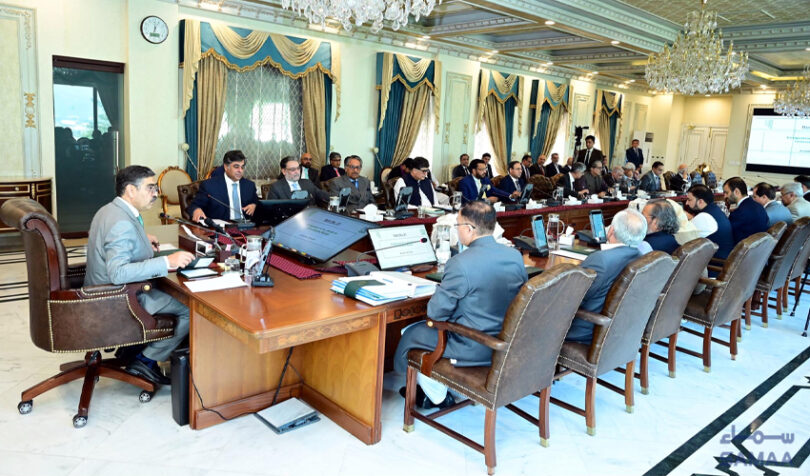The Federal Cabinet on Tuesday approved the restructuring of Pakistan International Airlines (PIA) on the recommendation of the Privatization Division. Earlier the cabinet approved the appointment of a financial advisor for financial and administrative restructuring of the airline. According to the details, the financial advisor had formulated a financial restructuring plan for the PIA in line with international precedents under which the airline will be divided into two companies, Top-Co and Hold-Co. As said, PIA’s core operations of engineering, ground handling, cargo, flight kitchen and training will be incorporated into Top-Co while other entities such as Precision Engineering Complex, PIA Investment Limited, and others subsidiaries and properties will be incorporated in Hold-Co. The authorities claimed that these measures will help attract capital investors to PIA. The cabinet also directed the cabinet sub-committee on Privatization to deal with the matters related to settlement of state-owned enterprises with PIA on an urgent basis.
The Pakistan International Airline (PIA) succumbed to the heavy burden of its operational losses due to the idle running of its planes on domestic routes, overemployment, unskilled technical staff, unions/ associations pressure groups, and colossal enumeration of the PIA’s flying and the ground staff. The PIA fleet consists of foreign leased, poorly maintained Boeing 737 and Airbus A320s, a majority of whom completed their operational lives, and are badly due for replacement. At the moment, the national flag carrier needs bulk money for maintenance and operation, to pay for fuel and to disburse salaries to its employees. However, this was not the first time, that the airline struck such the worst economic and technical challenges but it has been a repeated dilemma met by the institution every year over the past three decades.
There had been a nationwide debate regarding the privatization of the PIA, because the national flag carrier persistently faced operational losses and became dependent on government funding to carry out its routine operations and debt payment. Previously, the caretaker government told the nation that the Privatization Commission was fully prepared to privatize the PIA, and all legal and administrative formalities have been fulfilled. As said, the Commission liaised with several relevant departments including the Civil Aviation Authority (CAA), and the ministries of education, law, and finance Division to ensure transparency and fulfill constitutional obligations regarding the PIA privatization. The privatization process was underway that the ECP warned the interim government about its lack of mandate to undertake such a sensitive and huge task of national importance. The caretaker leaders suddenly changed their Qibla and ordered an immediate financial restructuring of the PIA.
There are wide-ranging doubts and ambiguity regarding the government’s policy on PIA’s privatization which has taken a U-turn and announced a financial restructuring of the PIA instead of privatization. Whether the interim government was taking those important steps without necessary homework and consultations with relevant institutions or the forces of the status quo and corrupt mafia succeeded in their nefarious agenda against the state. During these pages, we categorically stated that numerous pros and cons are attached to the privatization of an important national entity in terms of financial aspects, security issues, foreign investment and efficient public service delivery vis-a-vis potential joblessness, employees’ rights, lack of government control and public welfare. Whereas, any misstep can cause further damage to the country.
Apparently, Financial restructuring could not be an alternative to the privatization of a sicked entity and it can not resolve PIA’s problems until and unless the government makes it a total sovereign business firm, ends political interference, bans labour unions and other professional pressure groups and launches a ruthless accountability campaign against corrupt and unskilled employees. The Chairman, the CEO and the Board of Governors must be answerable for their performance and actions to the parliamentary committee. So, this important national institution comes out of recurrent ailment, successfully steers through these critical situations and regains its lost glory in the future.







